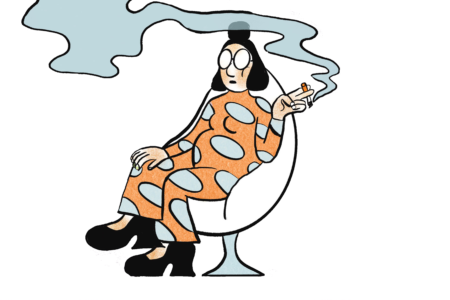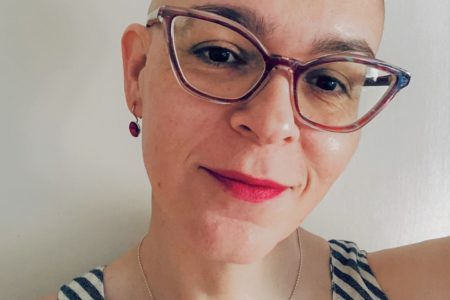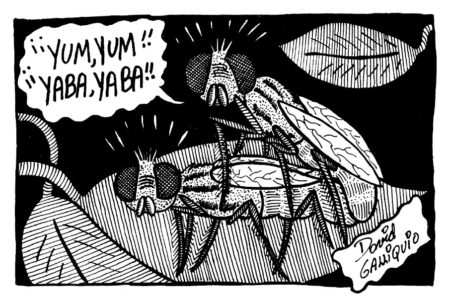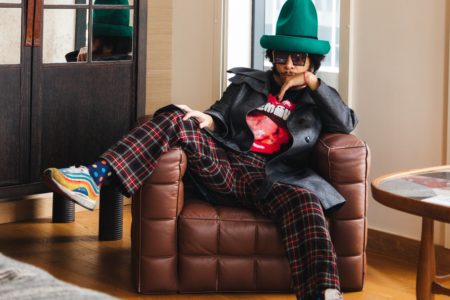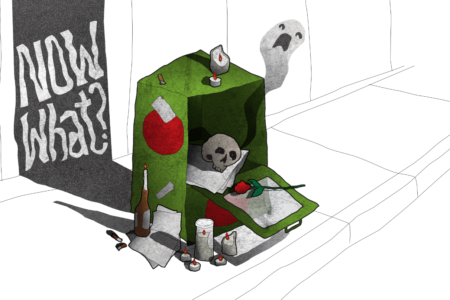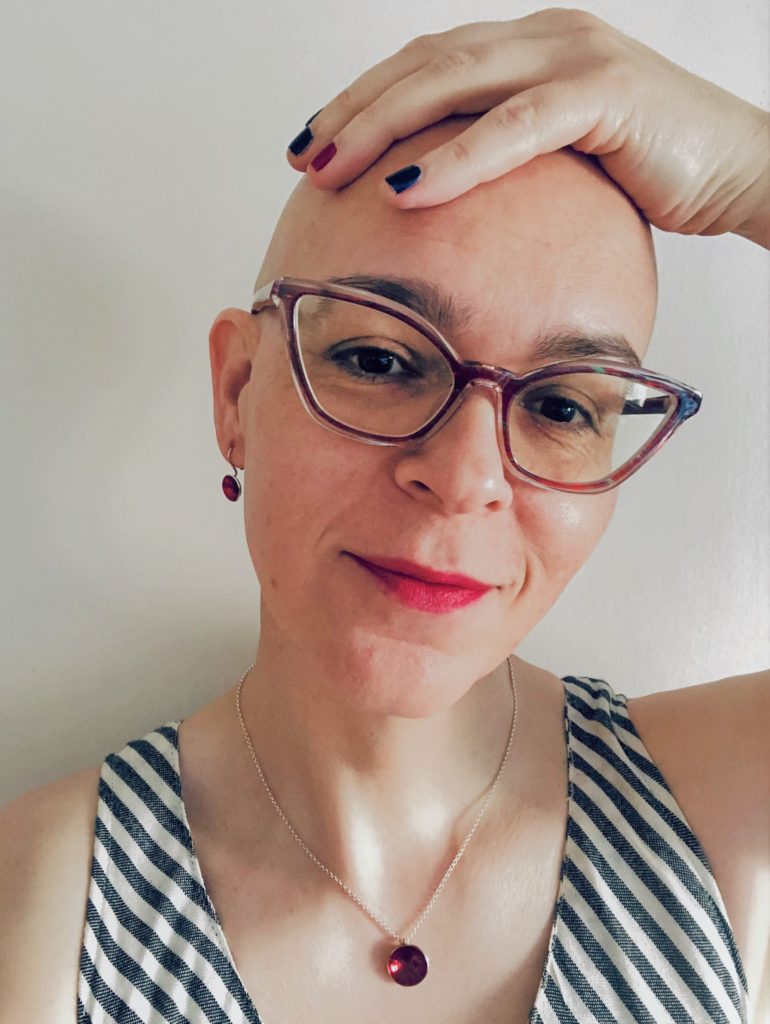
How has your experience as a musician influenced your practice as a writer?
I’ve been writing songs since I was a teenager, and I’ve learned to trust the process, not always knowing why I’m playing certain chords or why certain words are coming out of my mouth. I trust that I’ll get somewhere if I can let myself be open to what the song wants to be without my ego clouding the waters. Over time, my writing has become somewhat similar. I try to trust the ideas and words that are emerging. Likewise, being a musician is an embodied experience, and my writing practice has become more embodied in recent years. These different aspects of my creative life converged in Any Other City, which includes passages about playing music and writing songs.
The title page of Any Other City tells us you wrote it with Tracy St. Cyr, its fictional subject—what was that process like?
At the end of 2019, I tried to write a kaleidoscopic memoir in the form of a triptych that would focus on three aspects of my life. I soon realized that it hurt too much to write about my past, especially from the ages of six to twenty-six. For that entire span, I was so angry, anxious, and afraid. It felt like I’d been born without skin. After a month or so, I abandoned my memoir and started to write Any Other City, the fictional memoir of Tracy St. Cyr, a semi-famous trans femme musician, which allowed me to transmute some of my own recent and distant trauma through the cushion of fiction. A dear friend who read an early draft wondered if the book would benefit from an introduction to provide context. I pondered that suggestion and flashed on how celebrities often write memoirs “with” someone. What if Tracy wrote hers with me? With that idea, all the pieces started falling into place. Actually, my favourite page of the novel might be the title page you mentioned. I love seeing Tracy listed as the book’s author and myself relegated to a lesser role.
You’ve written a lot of evocative cultural commentary on fictional media that feel so real the reader is convinced they should exist. Can you talk a bit about this process, and maybe about your wonderful essay on your character Sadie Tang’s film, Miscellaneous Kisses?
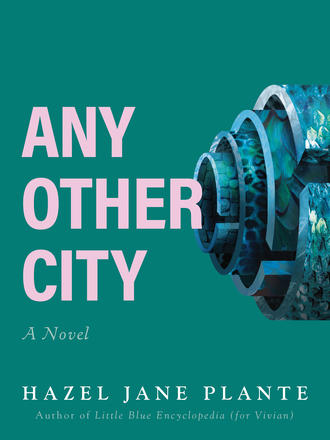 I’m so glad you enjoyed that essay! In that case, a friend invited me to contribute a piece to her project, so I started writing about Miscellaneous Kisses, an imaginary film that only appears briefly in Any Other City. As soon as I started writing, I could see the film. The process is a bit witchy. I don’t know how else to describe it.
I’m so glad you enjoyed that essay! In that case, a friend invited me to contribute a piece to her project, so I started writing about Miscellaneous Kisses, an imaginary film that only appears briefly in Any Other City. As soon as I started writing, I could see the film. The process is a bit witchy. I don’t know how else to describe it.
For several years, my work has included references to invented fictional media. I think that approach stems from my love of the Museum of Jurassic Technology in L.A., which has exhibits that blur the line between things that are real (but sound far-fetched) and things that are invented (but sound plausible). As I’ve gotten older, I’ve also realized that I’ll never have time to create all the projects that bubble up in me, so they often come alive in my fiction.
Many readers of my first novel, Little Blue Encyclopedia (for Vivian), have told me they’re disappointed the TV series Little Blue doesn’t exist. I sometimes say that while reading the novel they conjured their own version of Little Blue, so it did exist for a spell.
Any Other City is available from Arsenal Pulp Press.

